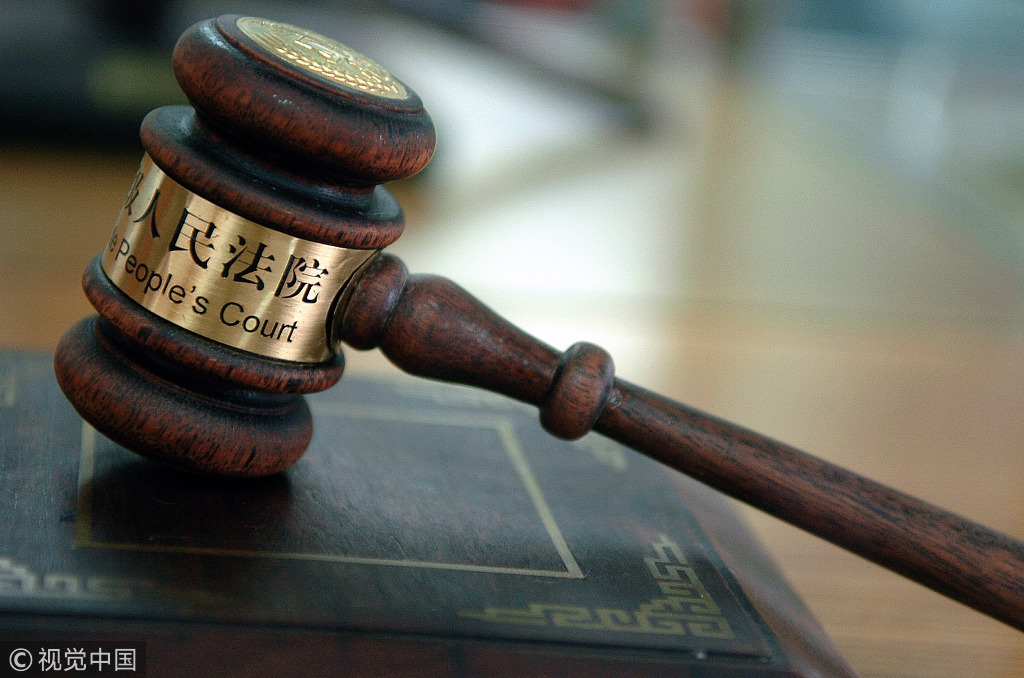
(Photo: VCG)
The people's court in Minhang district, Shanghai municipality, on Monday annulled a marriage because the husband had concealed the fact that he had AIDS until after his live-in partner became pregnant and they married in June 2020.
It was only after their marriage that the man confessed to being HIV positive. He insisted that his disease had passed the infectious period and there was little possibility of him infecting his wife and/or her embryo, but she still took him to court.
While passing the ruling, the court quoted the newly introduced Clause 1053 of the Civil Code, which requires a person to tell his/her spouse if he/she has a serious disease. Failure to do so gives the other party the right to apply to dissolve the marriage.
Earlier, the Marriage Law stated that a court could annul a marriage if one of the spouses had a disease making him/her unfit for marriage. However, the list did not include HIV. Therefore, the Civil Code is an improvement upon the earlier law as it requires anybody with a major disease to declare it before marriage.
Some fear that this is discriminatory against people with HIV, making it difficult for them to marry. However, one should not overlook the fact that HIV is contagious and can be transmitted to a sexual partner. Besides, HIV carriers can still marry; they just need to tell their partners about their condition before marrying.
The new clause is definitely good, as honesty should be the basis of every marriage. It is better for a person to know about his/her partner's condition beforehand than feel cheated when the truth surfaces later, as happened in the Shanghai case. The rights of both HIV carriers and their partners need to be protected.
Such transparency will also help defeat discrimination against HIV carriers, as most discrimination stems from ignorance.


